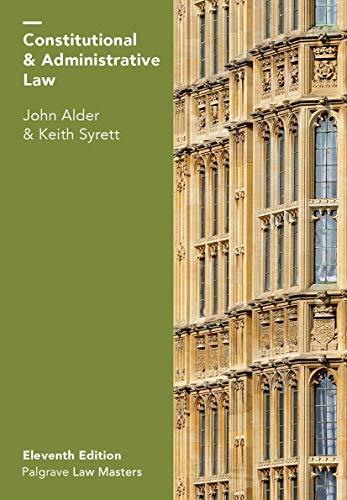Question
Scenario: You are a legal intern at a criminal law firm in Sydney. Your senior partner has asked you to research and analyse a recent
Scenario:
You are a legal intern at a criminal law firm in Sydney. Your senior partner has asked you to research and analyse a recent case involving the admissibility of an admission made by a suspect during police questioning.
The case involved a young man, Alex, who was arrested for assault. During questioning, which lasted for several hours without a break, Alex, who has a history of anxiety and learning difficulties, appeared visibly distressed and made several incriminating statements. However, his lawyer argues that the admissions should be excluded due to concerns about the fairness of the questioning process and Alex's mental state at the time.
Additional facts:
The police officers did not inform Alex of his right to legal representation until after he had made the incriminating statements.
During questioning, the officers repeatedly used phrases like "you'll feel much better if you just tell us the truth" and "everyone makes mistakes, but coming clean is the best thing you can do now."
Alex requested to use the restroom and speak to his parents on several occasions, but these requests were initially denied by the officers.
- Analyse the relevant provisions of the Evidence Act 1995 (NSW) concerning the admissibility of admissions, particularly sections 84, 85, 90, and 138. Explain how these provisions apply to the facts of the case.
- Critically evaluate the common law test of voluntariness in the context of Alex's situation. Consider factors such as the suspect's age, mental state, and the conduct of the police during questioning.
- Examine relevant case law addressing the admissibility of admissions in similar circumstances. How do these precedents inform the legal arguments in Alex's case?
- Based on analysis, provide a reasoned legal opinion on the admissibility of Alex's admissions. Clearly articulate your arguments and support them with relevant legal principles and case law.
Step by Step Solution
There are 3 Steps involved in it
Step: 1

Get Instant Access to Expert-Tailored Solutions
See step-by-step solutions with expert insights and AI powered tools for academic success
Step: 2

Step: 3

Ace Your Homework with AI
Get the answers you need in no time with our AI-driven, step-by-step assistance
Get Started


